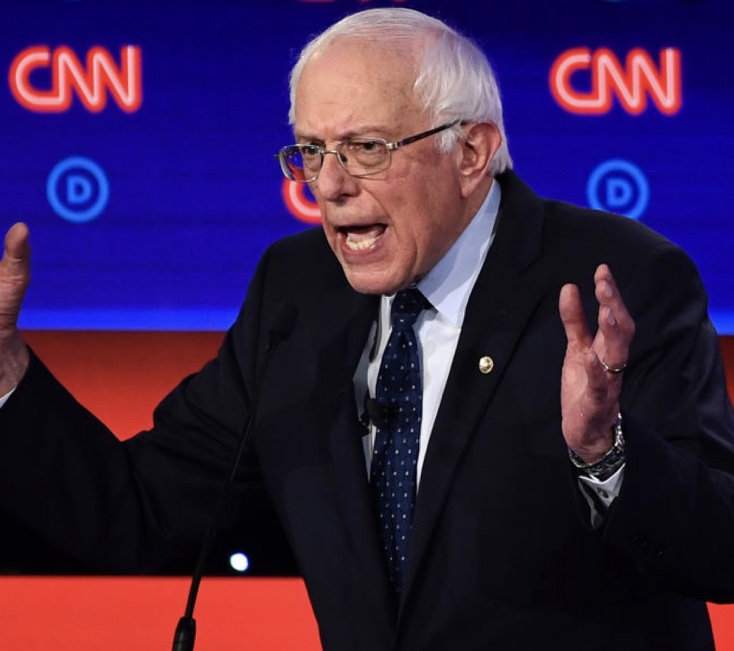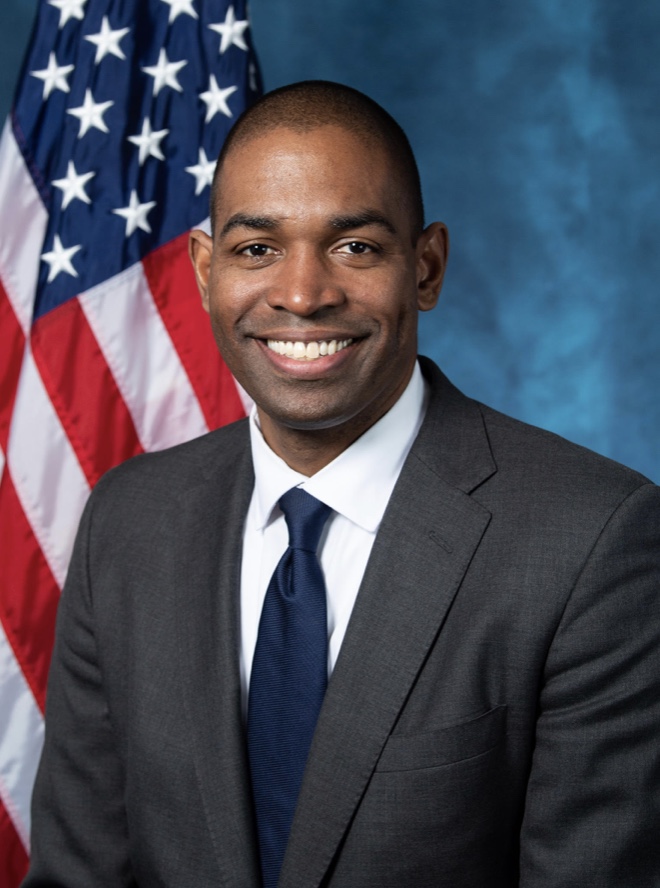Out of the living room ads for Obama’s 2012 campaign against Mitt Romney, the one that really stood out to me was the “Big Bird” ad. This ad was a remarkable change of pace from the majority of ads which highlighted Romney’s corruption and Obama’s dedication to prosperity and unity. Though still an attack ad as the majority of the ads were, this one was primarily focused on the fact that Romney lacked vision and policies aside from wanting to cut subsidies to PBS. This ad made fun of Romney, for lack of a more accurate phrase, for wanting to take on the corruption of Sesame Street as opposed to Wall Street. I thought that this ad was an effective comedic ad, though hard to take at all seriously if it was intended that way.
I did find it very interesting that Obama was using almost entirely an attack ad strategy in his 2012 campaign as he was the incumbent and could have used this time to promote his vision for the next four years of his presidency along with his accomplishments from his previous four years in office. Of course, there was a lot of material to attack Romney, as there is with most politicians, but almost none of the ads actually discussed Obama’s policies and/or successes. Now that he was an established candidate and incumbent, one would think Obama would have shifted strategies a bit. It is interesting to think that his campaign team thought that attacking Romney for not wanting to subsidize PBS should take precedence over actually discussing the Obama administrations’ successes of future.
Leave a Comment

